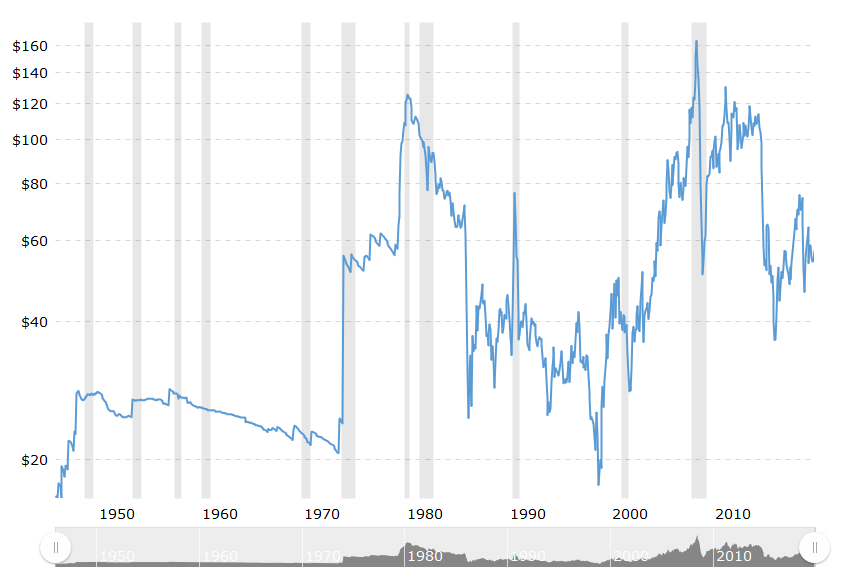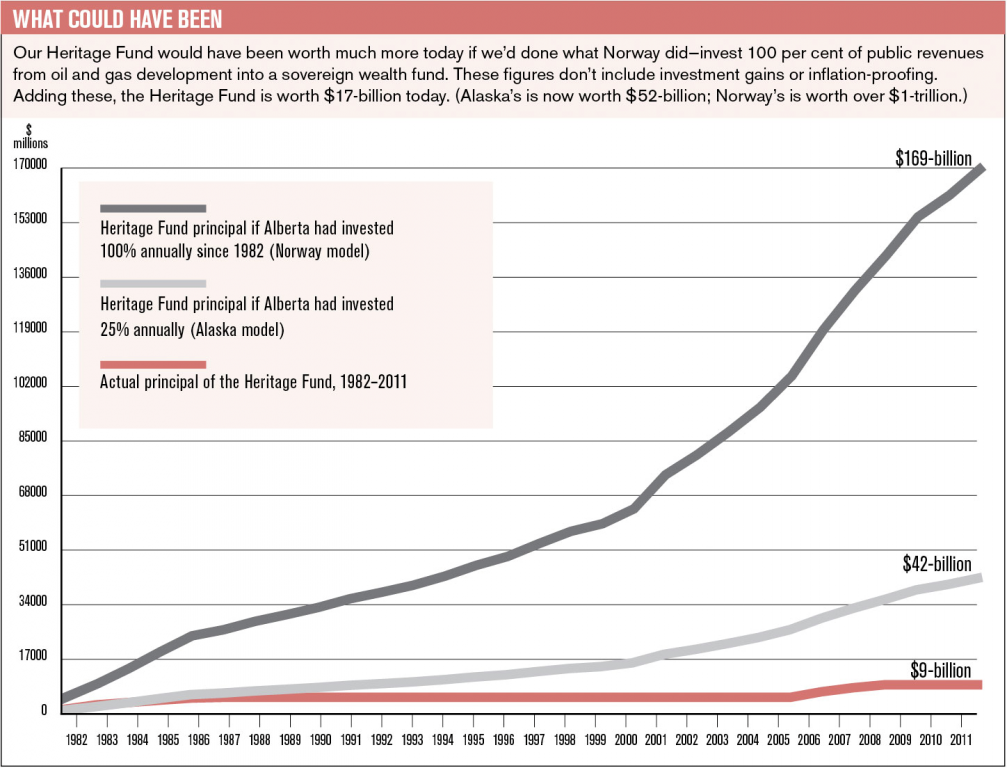I lived in Alberta for a long time – more than 20 years. I worked in the oil patch, doing seismic processing. I went to university there. I split my time between Edmonton, Calgary and the north. Alberta was very good to me.
So I want the best for Alberta. The people were open to me as a newcomer, embracing my contributions to their growing economy and thriving western culture, and I in turn worked hard to make the communities in which I lived better places.
I cut my teeth in Alberta. It was here I learned computer science, learning as I worked for a division of Texas Instruments, taking night courses at SAIT, developing my skills and building applications. I also became an ink-stained wretch in Alberta, honing my skills as a journalist working with the Gauntlet for six years.
There’s more, but you get the idea. And I preface this post this way because I want to warn Alberta against making the sort of mistake it has made in the past.
I lived in Alberta in the 1980s, and for Albertans, that date means the (Pierre) Trudeau government and the hated National Energy Policy (NEP). Spurred by successive provincial governments, Albertans saw the NEP as a raw deal, and never forgave the Liberals for trying to implement it. And, of course, when the Conservatives were elected in 1984, that was the end of the policy.
Now this is important: what the NEP attempted to do was to establish a Canadian market for Alberta oil, building a coast-to-cost network, and stabilizing the price to protect Canadians – especially eastern Canadians – from another oil price shock as was seen in the 1970s.
Albertans – rightly – saw the NEP as an attempt to define Alberta oil as a national resource and as an attempt to help all of Canada benefit from the bounty found underneath Prairie soils. What they didn’t see was what it would do when the other shoe dropped. Which it did. Which it always does.
The NEP was not only a price ceiling. It was also a price floor. It would protect Alberta if the bottom ever fell out of oil prices. But this was a hypothetical benefit. Since the 1970s, oil prices had only ever gone up. And in any case, there was the Heritage Trust Fund to protect Albertans from the impact of variable prices.
So Mulroney was elected in 1984, the NEP was killed, and you know what happened next.

The bottom fell out of oil prices. A steady slide became a plunge, eventually reaching levels not seen since the 1950s. Alberta, instead of being able to rely on a steady Canadian market, fell victim to world prices. The economy plunged into recession.
Ralph Klein, Calgary’s popular mayor, governed through the worst of it, navigating the province through the severe cuts needed to survive. He also preserved what came to be known as the ‘Alberta advantage’ – a zero percent sales tax, low income tax, and generous corporate concessions, all in the name of preserving Alberta’s economy.
The effect was to gut the Heritage Trust Fund. Instead of being invested, and taking advantage of a world economy that boomed while oil prices plunged, it was spent keeping Alberta afloat during the hard times. Contrast what became of the Heritage trust fund in comparison with how Alaska and Norway managed their funds:

So, in essence, Alberta not only discarded income security at the exact moment it would have been most useful, it used its savings to take up the slack, squandering what could have been by now a 169-billion trust fund.
So why is all of this important?
Alberta’s new premier, Jason Kenney, is about to make the same mistake. He wants to jettison the security that comes with being a part of Canada’s social safety net, and throw the province under the fiscal bus.
He wants to renegotiate Canada’s equalization payments plan, wherein the rich provinces subsidize poorer provinces. He wants Alberta to collect its own taxes, to manage its own Alberta pension plan, and to ensure municipalities and school boards do not enter directly into agreements with Ottawa. Source.
He can do this, of course. It’s similar to what Quebec has done for decades. And Quebec – partially as a result – has been a net beneficiary from national equalization programs over the years. But the question here is whether he should do it.
What Kenney should be doing right now is asking “what if oil prices don’t go up?” What if the bottom falls out of the world oil prices as a combination of alternative sources and a global demand for zero-carbon energy courses takes hold? What if the bottom falls out of Alberta’s economy and there’s no floor?
The reaction from Alberta politicians suggests that the rest of Canada should be grateful to have it as a member of confederation and ready to bend over backward to support Alberta’s needs. After all, Alberta contributed $611-billion to Confederation between 1961 and 2017. Source.
But paying money is not by itself enough to generate a feeling of gratitude. For one thing, Ontario – the province where I grew up and where I live now – paid $723 billion in the same period of time – and even more between the years 1905-1961, when Alberta was a basket case. And Ontario made these contributions without the benefit of pool of oil sitting just under the surface.
And Ontarians (like Quebeckers, and the rest of the country) pay their fair share of taxes. Conservative news coverage depicts equalization payments as some sort of hypothetical ‘cost’ to individual Alberta families, but take no account of the free ride Albertans have granted themselves as a result of the oil boom, and take no account of the benefits Albertans could have accrued had the province not thrown away the opportunities offered by Canada in the past.
If Jason Kenney decides to cut the province out of the benefits of the Canadian tax system, pension system, health and education benefits, and presumably other benefits as well, it will be difficult to find a sympathetic ear when the province really needs Canadian support to make the Alberta-first approach work.
British Columbia, when being asked to support an expanded pipeline to salt water, cannot be faulted when it recalls that Ralph Klein’s solution to provincial poverty was to provide poor people with one-way bus tickets to Vancouver. Source. Provincial governments have been happy to export Alberta’s problems and to lay the blame at Ottawa’s feet, but in fact, most of their misfortune has been the result of their own short-sightedness.
Even so, the rest of Canada will still lend a sympathetic ear. That’s why Justin Trudeau spent $3 billion of our money to buy a pipeline project for Alberta, even though he probably knew it would not gain him a single vote in the west. And it’s why the rest of Canada continues to support economic basket cases in eastern Canada, not because they are particularly well-managed, not because we think that they will One Day become successful, but because they are part of us, and that’s what Canadians do.
Before they cut too many economic ties, I would recommend that the people of Alberta look at the benefits of being Canadian. It goes beyond what we have – and world – provide by way of support, and equalization payments, and a stable and prosperous home market. We have shared both the risks and benefits of prosperity, and even though it is an approach Albertan voters have mostly eschewed through the years, it has nonetheless served them well.